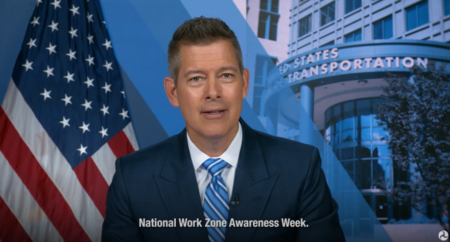Serious accidents on roads in Georgia are likely to rise if the Federal Communications Commission (FCC) does not preserve the 5.9GHz safety spectrum solely for connected vehicle safety, say a coalition of 30 business and government leaders.
A letter sent to the FCC urging the rethink is signed by Lt. Gov. Geoff Duncan, as well as representatives from the Georgia Department of Transportation (GDOT), technology firms, public transit agencies, consultants and the engineering profession.
Allocation for cellular vehicle to everything (C-V2X) and dedicated short range communications (DSRC) as well as protections from potential interferences from other radios should also be considered, the petition’s members propose.
According to studies by the National Highway Traffic Safety Administration (NHTSA) as many as 80% of serious injuries and deaths on roads can be mitigated through the proliferation of technologies making use of the 5.9GHz band but the FCC’s proposed rulemaking and comments made by its chairman “run counter to achieving that outcome” the coalition warn.
“The state of Georgia has taken a leadership role in investing in the safety applications of connected vehicle technology with large deployments underway involving traffic intersections, emergency vehicles and school zones,” said the State of Georgia’s Lt. Gov. Geoff Duncan. “We urge the FCC to take a look at Georgia’s investment and results and provide a speedy and positive decision, so we may proceed confidently with expanded deployment.”
The filing points out that within the state of Georgia more than 2,600 traffic signals are part of an ongoing deployment of connected vehicle technology affected by the NPRM and that the FCC has granted an experimental license to operate C-V2X in the City of Alpharetta.
Traffic Technology Today columnist and Texas A&M Transportation Institute director, Greg Winfree addressed the 5.9 GHz spectrum in his January 2020 column for the magazine HERE





